
One of the best ways to develop productive pupil-to-pupil dialogue is to model it. There are two ways to do this:
Model specific talk on purpose e.g. Oops, Miss P, I think you forgot to tidy up your pens! Excuse me Mr H, I believe you have made a mistake with your handwriting on the board. Please can you fix the height of that ‘t’? On hearing this type of communication between adults, children quickly begin using similar phrases.
(More difficult than it sounds!) Create a genuine culture of respectful dialogue among staff, making sure this includes high-quality listening and constructive criticism. Children will see and hear that this is normal, and useful. They will absorb this way of being. (I love Lucy West’s hypothesis that the quality of dialogue among adults in a school is mirrored in the classroom – more about that in her video.)
What about the home environment? Here is some unexpected feedback I received a few months ago:
This training is having such an impact. On my teaching hugely, but also on me as a person. I said to my partner the other day ‘I disagree’. She was so shocked – it was the first time I had ever openly disagreed with her. And it was fine! It was good for us.
I wonder whether there are ways of helping parents to model productive dialogue?
Three steps to help your class develop their listening skills
A detailed description including building, helping, sharing and working together
It’s great that they are motivated to speak next, but are they really listening?
How do they want to behave to become great 4C thinkers?
Show your pupils that you are trying to understand their thinking
A fantastic, free resource to help your pupils develop their creative listening skills
The advantages of getting students to pass the talk to each other
Six things you can do to help pupils gain the skills and confidence to speak to a room full of people

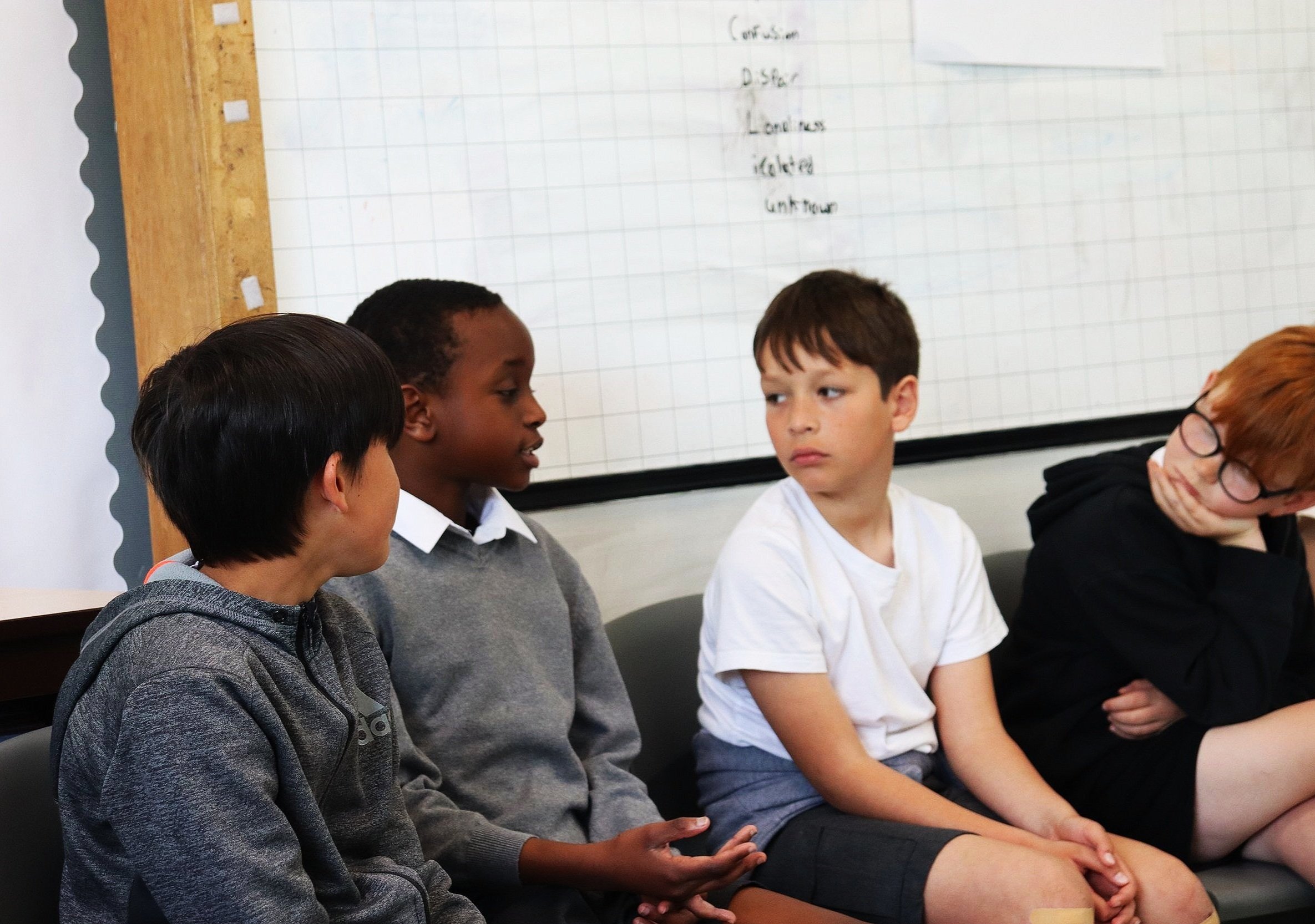



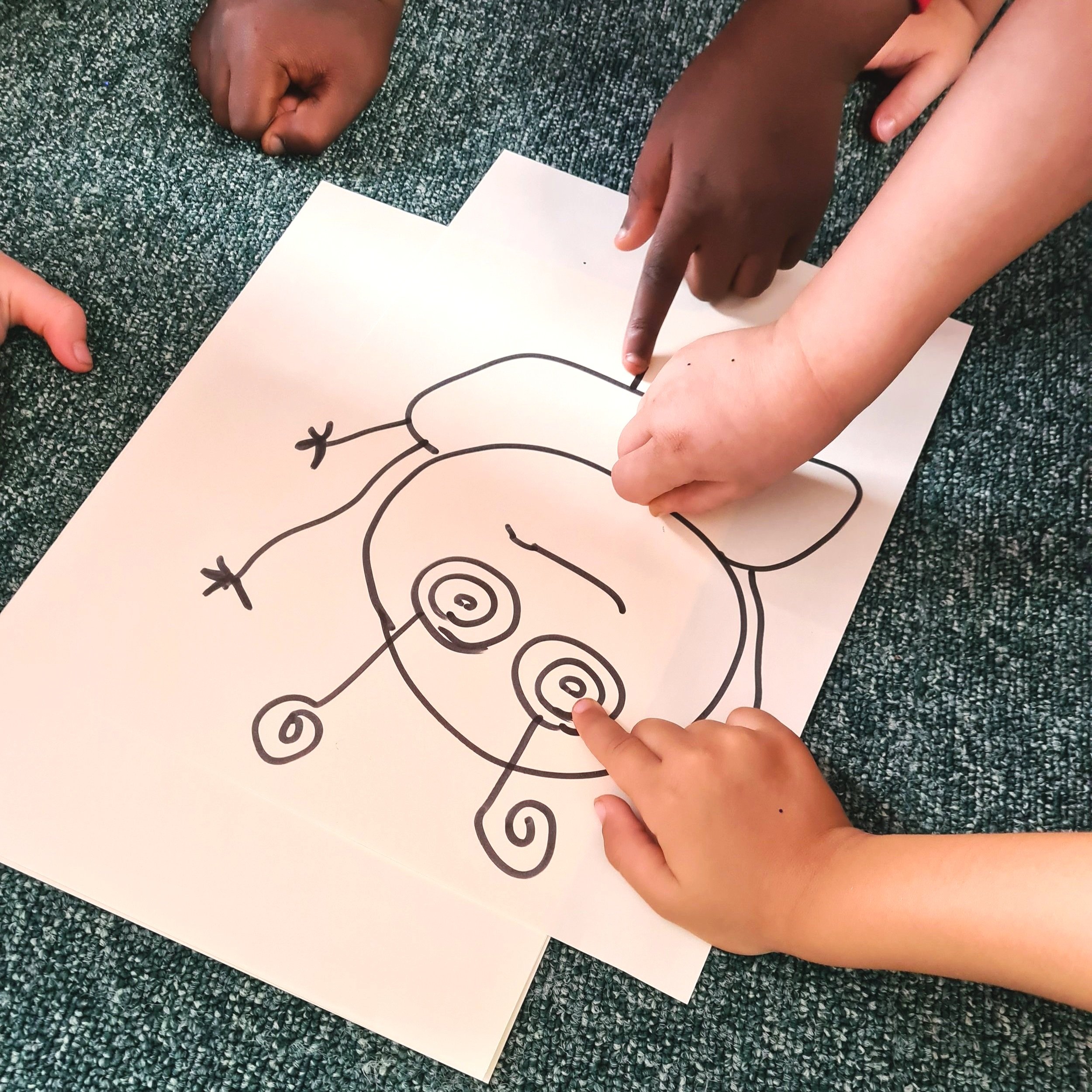





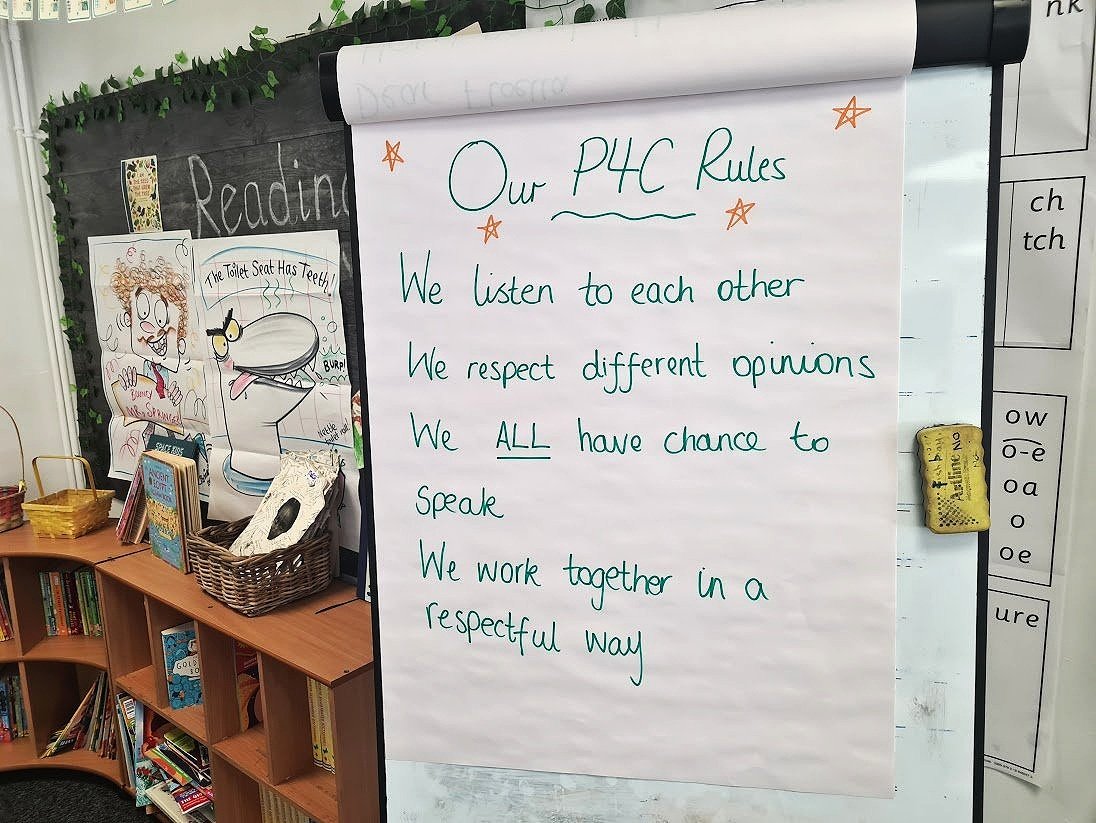



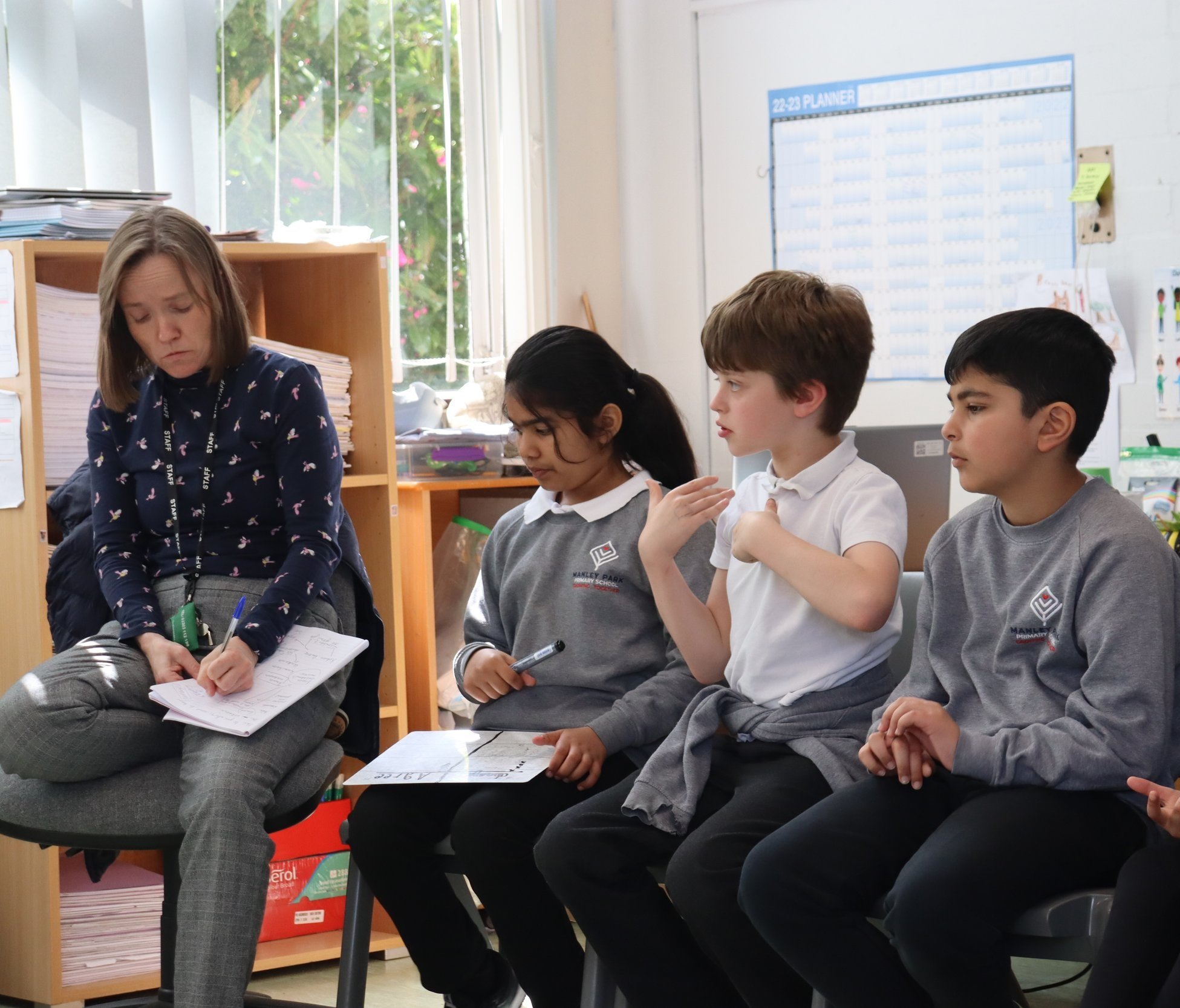

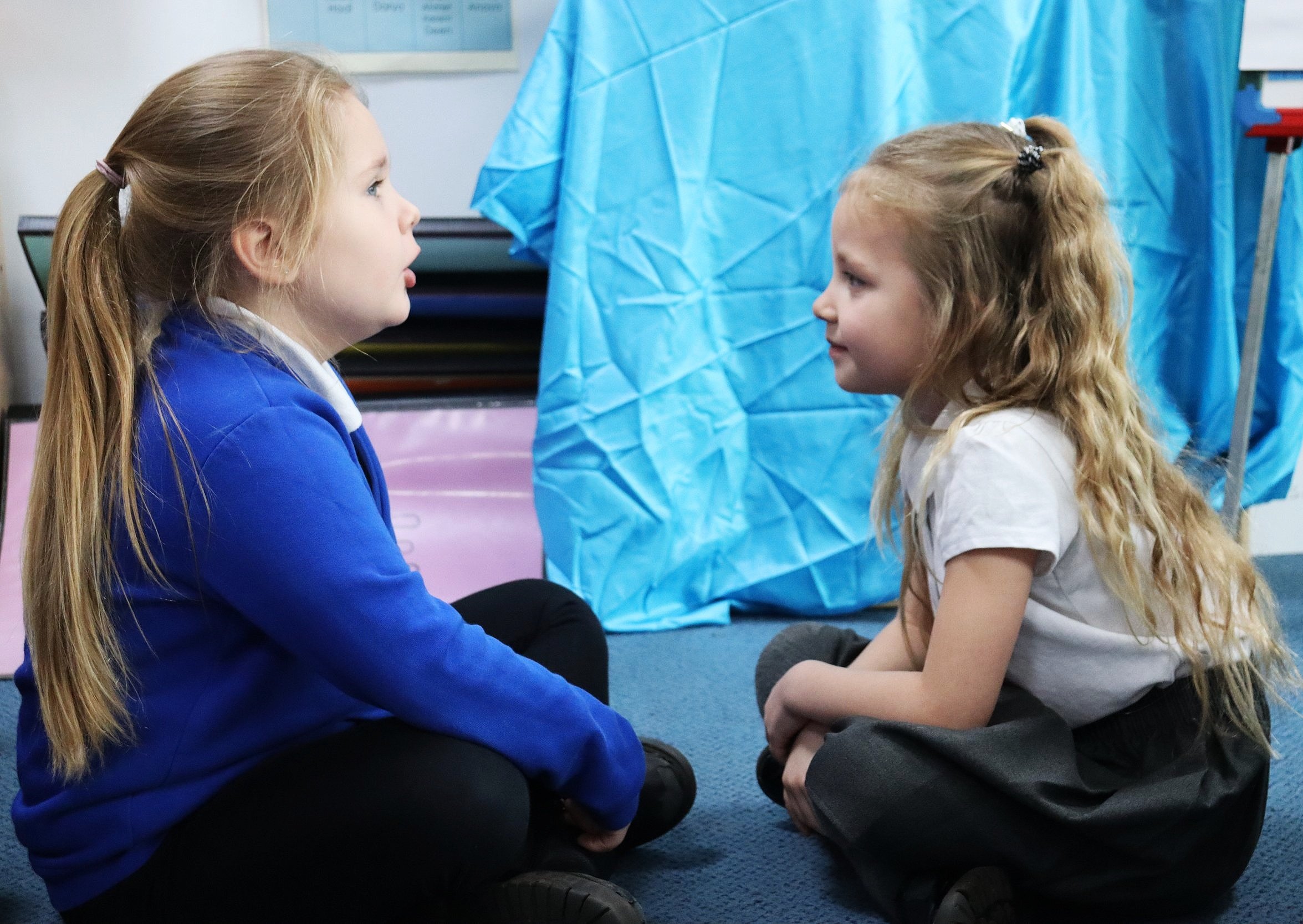
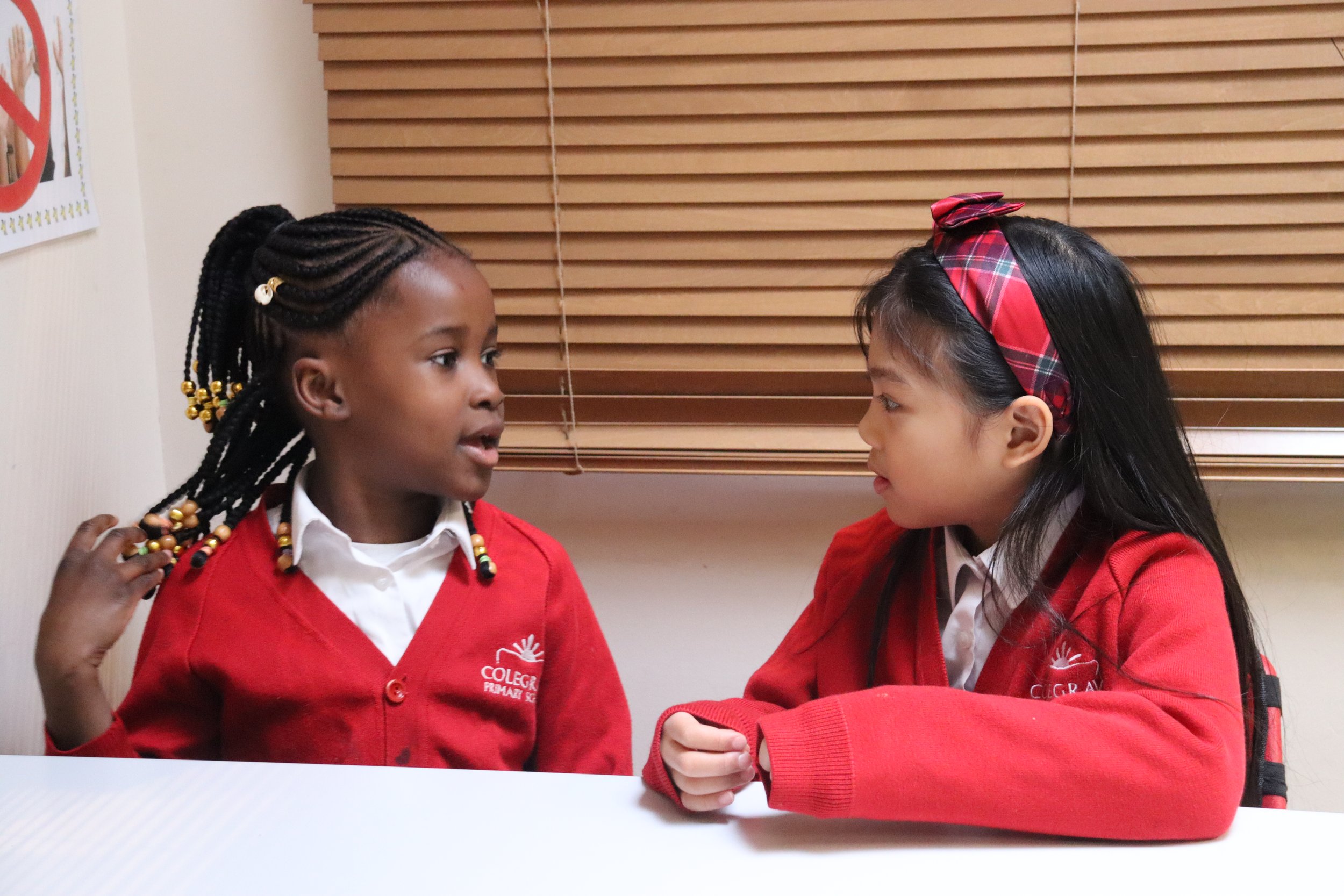





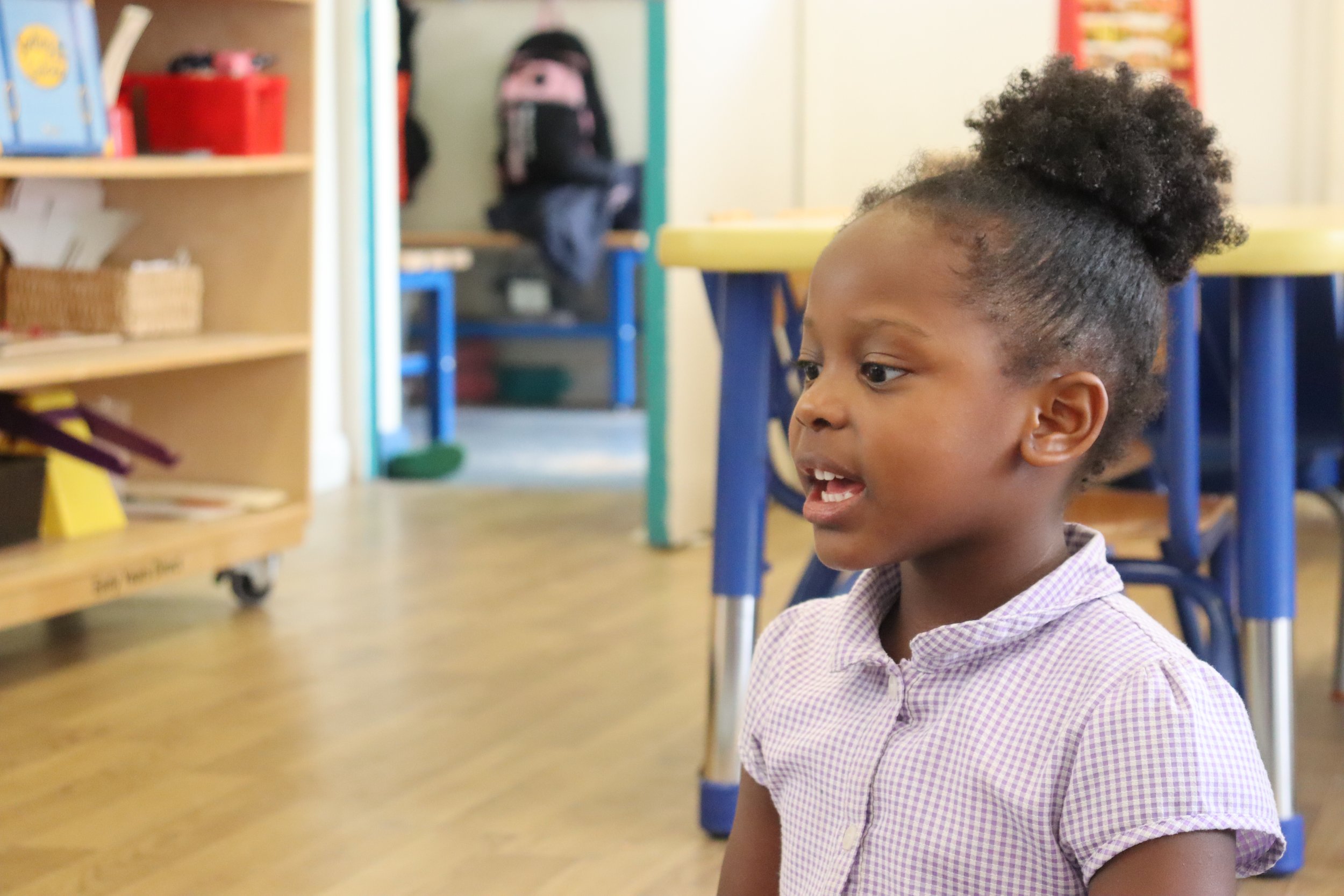

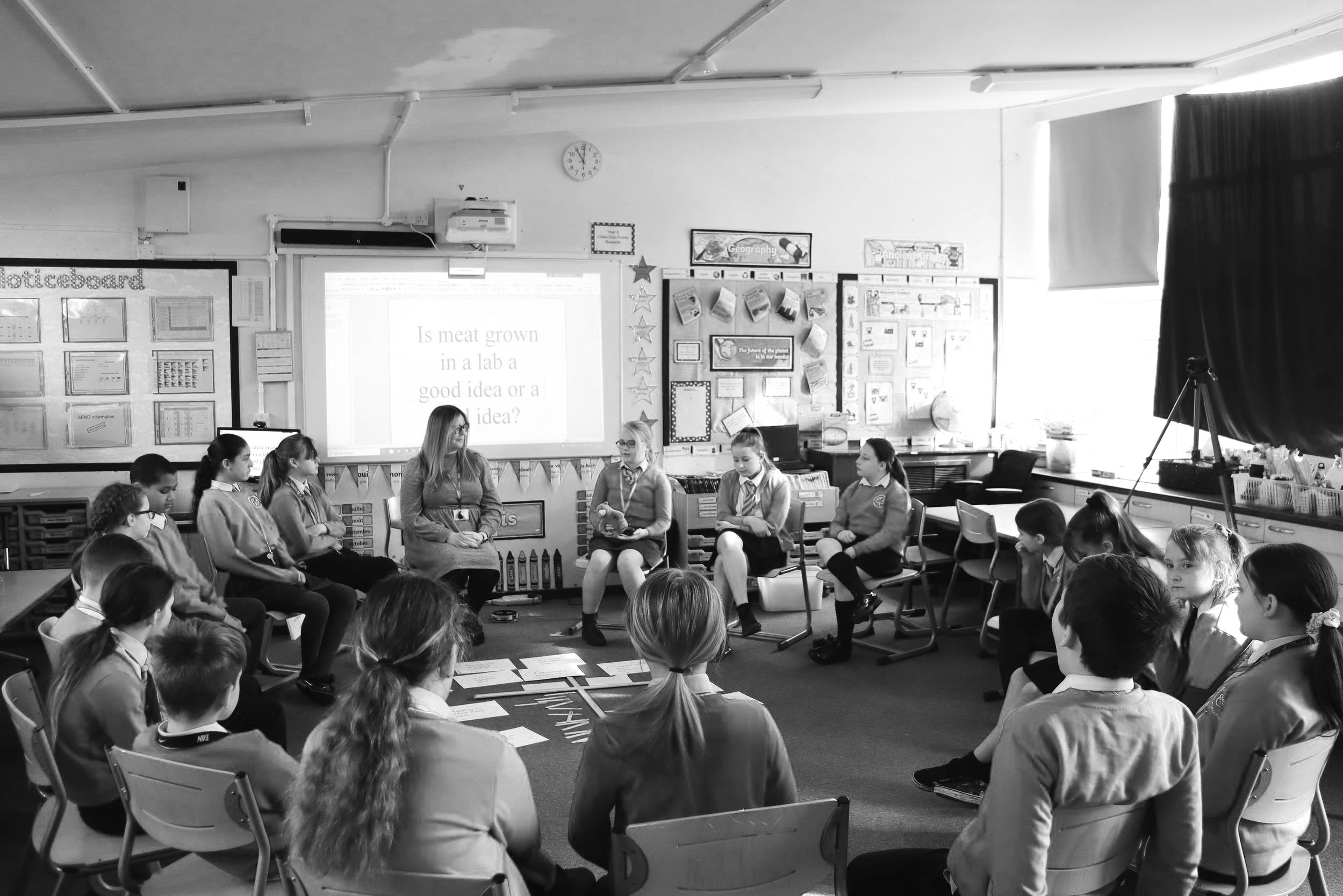



Can they remember what everyone else said?